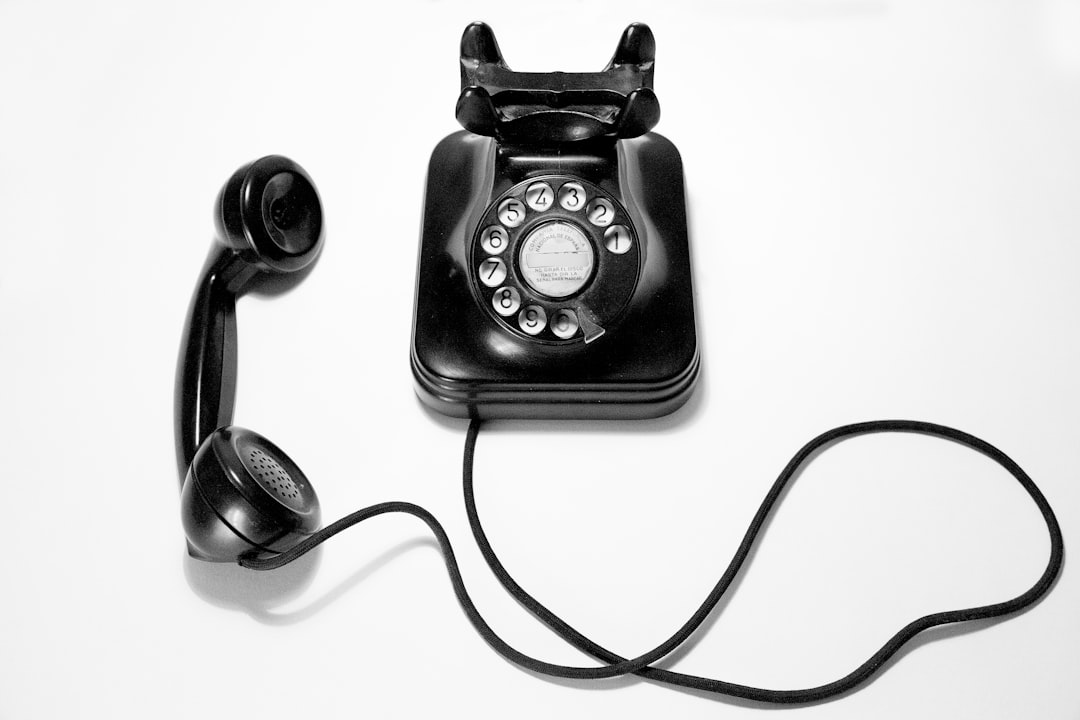Spam call law firms in Maryland pose significant risks to businesses, disrupting operations and compromising client data. To combat this, adopting Multi-Factor Authentication (MFA) for phone systems is crucial. MFA adds layers of security beyond passwords, making it nearly impossible for hackers to access sensitive information or systems. By implementing MFA, Maryland businesses can protect their operations, comply with data protection regulations, and prevent financial losses from unauthorized activities, especially against spam call law firms targeting local numbers.
Salisbury businesses, especially law firms in Maryland, face a growing threat from spam calls, impacting client relations and data security. To combat this, Multi-Factor Authentication (MFA) emerges as a powerful solution. This article explores how MFA can fortify phone systems against malicious activities, offering a comprehensive guide for Salisbury business owners. We’ll delve into the challenges of spam calls in Maryland law firms, the benefits of MFA implementation, step-by-step integration, and best practices to ensure a secure and future-proofed communication infrastructure.
Understanding the Spam Call Problem in Maryland Law Firms

Maryland law firms face a growing challenge in the form of spam calls, which not only disrupt daily operations but also pose security risks. These unwanted and often fraudulent phone calls can compromise sensitive information and create a hostile work environment. In today’s digital age, where cyber threats are on the rise, implementing robust security measures is crucial for any business, especially law firms dealing with confidential client data.
Spam calls targeting Maryland legal practices often involve pre-recorded messages or automated systems designed to harass or deceive recipients. This issue has prompted a need for stricter regulations and more advanced authentication methods. By introducing multi-factor authentication (MFA) for phone systems, law firms can significantly enhance their security posture against spam calls. MFA adds an extra layer of protection, ensuring that even if a hacker obtains login credentials, they still require access to a physical device or token to gain unauthorized entry.
Multi-Factor Authentication (MFA): A Solution to Enhance Security

Multi-Factor Authentication (MFA) is a robust security solution that can significantly enhance protection for Salisbury businesses, especially against growing threats like spam call law firms in Maryland. Unlike traditional passwords, MFA requires users to provide multiple forms of verification before granting access to their phone systems or any sensitive data. This additional layer of security ensures that even if a hacker obtains a user’s password, they still won’t be able to gain entry without the other required factors.
Implementing MFA can take various forms, such as using a unique code sent to a user’s mobile device, biometric identification like fingerprints or facial recognition, or physical tokens. By adopting MFA, Salisbury businesses can better safeguard their phone systems from unauthorized access and comply with stricter security standards, thereby reducing the risk of cyberattacks and data breaches that often target vulnerable telephone networks.
Benefits of Implementing MFA for Phone Systems

Implementing Multi-Factor Authentication (MFA) for phone systems offers a robust line of defense against unauthorized access, significantly enhancing security measures. This is particularly crucial for businesses in Maryland, given the prevalence of spam call law firms targeting local numbers. MFA adds an extra layer of protection by requiring not just a password but also something unique known only to the user, such as a code from an app or a physical token. This ensures that even if a hacker obtains a user’s password through malicious means, they still can’t gain access without the second factor.
The benefits are manifold: reduced risk of phishing and identity theft, improved compliance with data protection regulations, and increased customer trust. For businesses dealing with sensitive information, like those in Maryland under the watchful eye of spam call law firms, MFA becomes a non-negotiable security protocol. It helps protect critical business assets, maintains client confidentiality, and safeguards against financial losses stemming from unauthorized activities.
Steps to Integrate MFA into Salisbury Business Phone Systems

Implementing Multi-Factor Authentication (MFA) for business phone systems in Salisbury is a strategic move to enhance security and protect against potential cyber threats, including spam call law firms Maryland. Here’s a straightforward approach to integrating MFA:
1. Assess Your Phone System: Start by evaluating your current phone system setup. Identify the hardware and software components that support MFA implementation. Many modern phone systems have built-in MFA capabilities or can be easily integrated with third-party security solutions.
2. Choose an MFA Solution: Select a Multi-Factor Authentication method that aligns best with your business needs. Options include SMS codes, push notifications to mobile devices, physical security keys, and voice biometrics. Consider factors like user adoption, cost, and level of security when making this decision. For instance, SMS codes are easy to implement but may be less secure than push notifications or biometric authenticators.
Best Practices and Future Considerations for MFA Implementation

Implementing Multi-Factor Authentication (MFA) for phone systems is a proactive step towards enhancing cybersecurity, especially in light of the growing threat of spam call law firms and other malicious activities. To ensure effective MFA adoption, businesses should focus on user education and awareness. Educating employees about the importance of MFA, how it works, and its benefits can foster a culture of security consciousness. Additionally, providing clear instructions and resources for setting up and managing MFA across various devices and platforms is essential.
Looking ahead, future considerations for MFA implementation include staying updated with evolving technologies and standards. As new authentication methods emerge, such as biometric or behavioral patterns, businesses should explore their integration to strengthen security further. Furthermore, aligning MFA strategies with compliance requirements, like the Spam Call Law firms Maryland regulations, is crucial to avoid legal pitfalls and maintain a secure communication infrastructure. Regular audits and updates to MFA policies can help businesses adapt to changing threats and regulatory landscapes.






